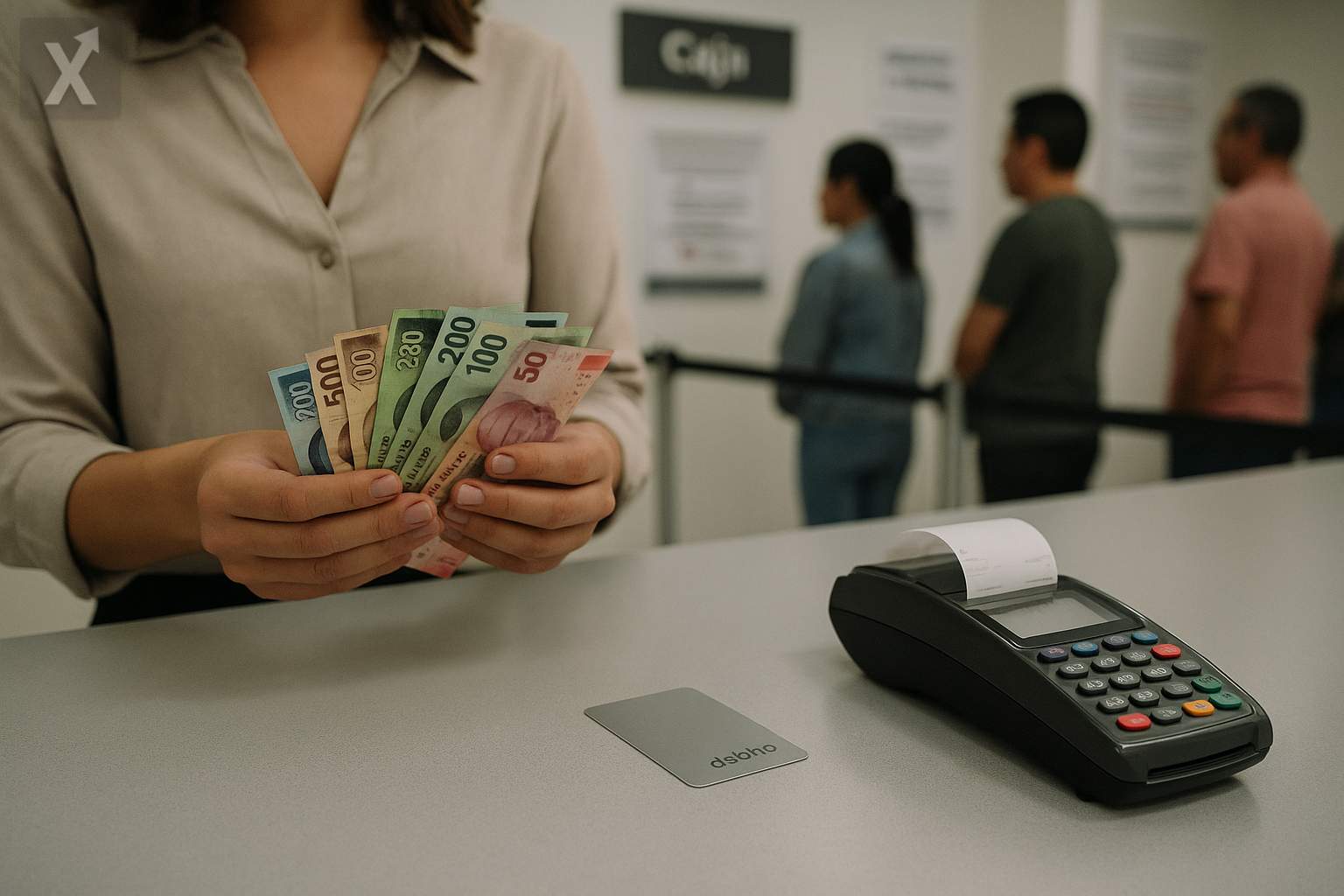Mexican Finance Ministry and U.S. Authorities Dismantle Transnational Financial Network Linked to the Pacific Cartel; High-Risk Sectors Face Increased Oversight

The Mexican Finance Ministry, through its Financial Intelligence Unit (UIF), coordinated with the U.S. Department of Treasury’s Office of Foreign Assets Control (OFAC) and the Financial Crimes Enforcement Network (FinCEN) in an operation to block transactions and suspend activities of companies and individuals allegedly linked to a money laundering network associated with the Pacific Cartel. Authorities identified the use of casinos, restaurants, and entertainment companies as vehicles for moving illicit funds between Mexico, the United States, and Europe.
According to the Finance Ministry, OFAC designated the criminal group and 26 related parties — seven individuals and nineteen companies — while the UIF added five additional entities. In total, 31 subjects — 24 companies and seven individuals — were included on Mexico's List of Blocked Persons (LPB), resulting in the immediate freezing of accounts and a prohibition on conducting transactions within the financial system. The investigation uncovered the triangulation of over 1 billion pesos in flows between Mexico, the U.S., Canada, Belize, Panama, Romania, Poland, and Albania, facilitated by shell companies designed to disperse funds among foreign firms.
The UIF filed complaints with the Attorney General’s Office for possible transactions involving illicit resources, and notified the Federal Prosecutor's Office of potential tax-related crimes. The agency emphasized that these actions are aligned with the recommendations of the Financial Action Task Force (FATF) and strengthen bilateral cooperation on financial intelligence—an area that has grown in recent years through the application of the U.S. “Kingpin Act” and enhanced information-sharing mechanisms with FinCEN.
For the Mexican financial system, these blockades reinforce the need to tighten due diligence controls, ultimate beneficial owner identification, and monitoring of unusual transactions—requirements set forth by Article 115 of the Banking Law and the anti-money laundering law (LFPIORPI) for vulnerable industries such as gaming, entertainment, and professional services. Authorities have also stepped up enforcement of the Ultimate Beneficial Owners Registry, administered by the SAT, as a key tool for dismantling structures that conceal true ownership of funds.
Operationally, cash-intensive sectors—including casinos, restaurants, and betting centers—will face greater banking scrutiny and possible risk adjustments that may raise compliance costs and limit relationships with financial institutions, a phenomenon known as “de-risking.” For legitimate businesses, payment traceability, cash controls, and segregation of duties are essential to avoid false positives and ensure operational continuity.
On the macroeconomic front, these measures do not, on their own, alter the general course of the economy; however, they do impact the atmosphere of trust and the perceived integrity of the financial system—critical factors as Mexico seeks to capitalize on supply chain relocation (“nearshoring”). A credible and predictable anti-money laundering regime is a prerequisite for attracting investment in manufacturing, logistics, and services, as well as for maintaining access to international correspondent banking, which enables foreign trade and cross-border financial flows.
Looking ahead, an increase in coordinated actions regarding watchlists and sanctions is expected, along with targeted audits on vulnerable activities. Greater adoption of data analytics and identity verification technologies by banks and fintechs is also likely, while regulators may issue additional risk assessment guidelines based on FATF standards. The challenge will be to balance effective crime prevention with certainty for legitimate businesses and respect for due process.
In summary, the crackdown on these networks sends a signal of international coordination and prioritizes financial integrity. The key will be to maintain robust investigations, risk-proportionate supervision, and clear compliance pathways so that the fight against money laundering bolsters confidence without stifling formal economic activity.





